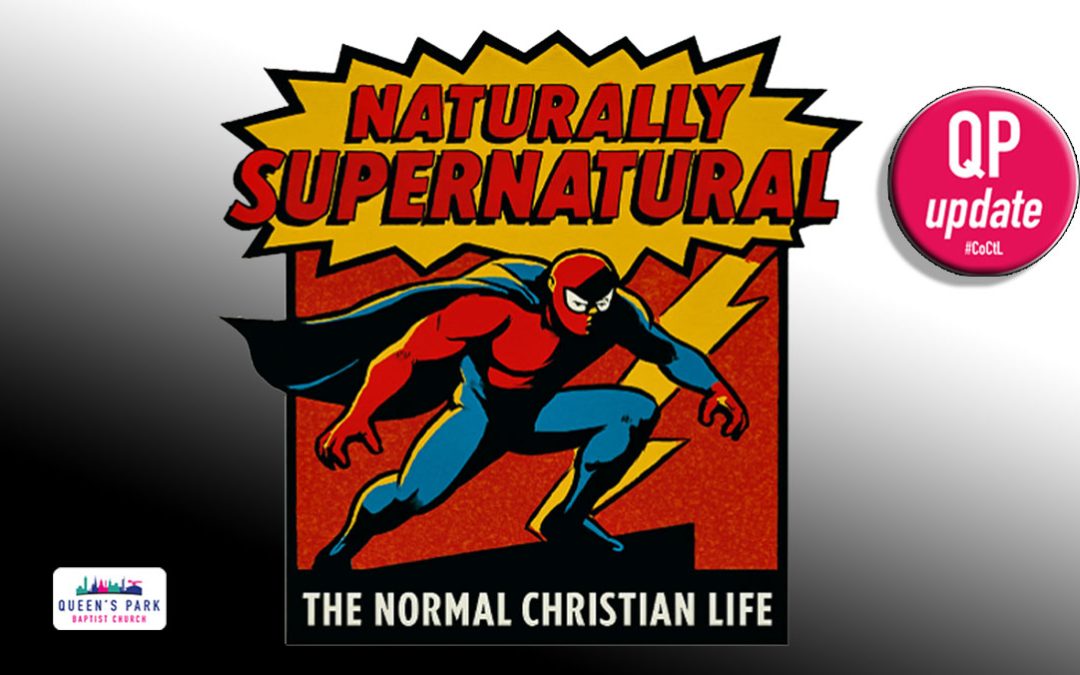I was recently channel-hopping, looking for something to watch on TV, and stumbled across the climate disaster movie, The Day After Tomorrow. It’s not a great movie, but it was better than anything else which was on “council telly” (a Glasgow phrase for terrestrial TV)!
In the movie, the son of the hero is stranded with friends and some others in the New York Central Library. The temperature has plummeted to the point that going outside risks death. To keep warm, they start to burn what is available. A character called Jeremy grabs a copy of Nietzsche and says, “You can’t burn Nietzsche; he was the most important thinker of the 19th century”.
I’m not sure anyone can definitely say who “the most important thinker of the 19th century” was, but it is irrefutable that Nietzsche is so influential that his name is known in popular culture.
Nietzsche?
Nietzsche, in his Parable of the Madman, is famous for declaring “God is dead.” The madman shouts, “God is dead. He remains dead. And we have killed him”. Like any good parable, it can be read on several levels.
At the time of writing “God is dead”, I’m not convinced Nietzsche was an atheist. Rather, as the madman in his parable expresses, his experience of church was that they had become “tombs and sepulchres of God”.
In other words, this son of a Lutheran pastor (his father died while he was an infant) found church and Christianity to be full of rules, dogma, and religious observance, but not life … or Spirit.
The Christianity Nietzsche experienced was dead-religion, and so he concluded God is dead and we have killed him!
So what?
The story is told (I suspect it is apocryphal) that a traveller on their daily commute on the New York subway saw graffiti scrawled on a wall:
“God is dead – Nietzsche”.
The next day, they saw next to the Nietzsche quote:
“Nietzsche is dead – Billy Graham”.
Nietzsche had long suffered from poor health. He went blind due to a tumour, had a mental breakdown, in his later years, he suffered from dementia and died in 1900 from a stroke complicated by pneumonia.
The subway graffiti is correct, Nietzsche is dead, but I’m not sure it takes seriously enough his critique of Christianity as he experienced it.
On the Bus.
I used to regularly travel into town by bus. Often, I would overhear conversations where people were talking about having visited a spiritualist, or about a séance they had attended, or their trip to The Pavilion to see a psychic. These people were spiritually hungry, desperately searching for more to life beyond the humdrum, but they were looking everywhere but the church!
Where do you look for God?
I wonder if, like Nietzsche, their experience of church and Christianity was of a dead religion, of God being dead, of no life, no Spirit. Nietzsche may be dead, yet our city is full of little-Nietzsches. People looking for the spiritual, for life beyond the ordinary …but do they associate Churches and Christianity with that which they seek?
If these “Nietzsches” come to QPBC or any other church in Glasgow, would they say, “God is dead”, or would they find overwhelming, irrefutable signs of God at work, of the life of the Spirit in our midst?
Life in the Spirit.
Last Sunday, Iain mentioned Tolstoy’s fabled beggar who spent his life sitting on a pot of gold, begging for pennies from every passerby, unaware that his fortune was right under him the whole time.
We don’t want to be that beggar!
The Apostle Peter speaks to us all when he wrote, “By his divine power, God has given us everything we need for living a godly life. We have received all of this by coming to know him, the one who called us to himself by means of his marvellous glory and excellence” (2 Peter 1:3).
The divine power Peter speaks of is the Holy Spirit.
New Series.
Over the coming weeks, we will be exploring who the Holy Spirit is and how he empowers us as individuals and as a community to be people, full of life, overflowing with love, people marked by the presence of the living God.
I suspect the word “and” will be important for us during this series. While it is important to think, the Holy Spirit is not a concept but a person to know and therefore someone to experience.
By the Spirit, we not only become a people (individually and corporately) of God’s presence, but also (and) His power. As the Spirit of life, we know the life-giving transformational work of the Spirit through the fruit of the Spirit in our lives and the gifts generously given to the church.
I’m looking forward to this, and I’m excited about what God will do among us.
Perhaps you would join me in praying that we would know a fresh infilling of the Spirit in our personal lives and in our midst as we gather as God’s worshipping people.
See you Sunday.
Brodie
